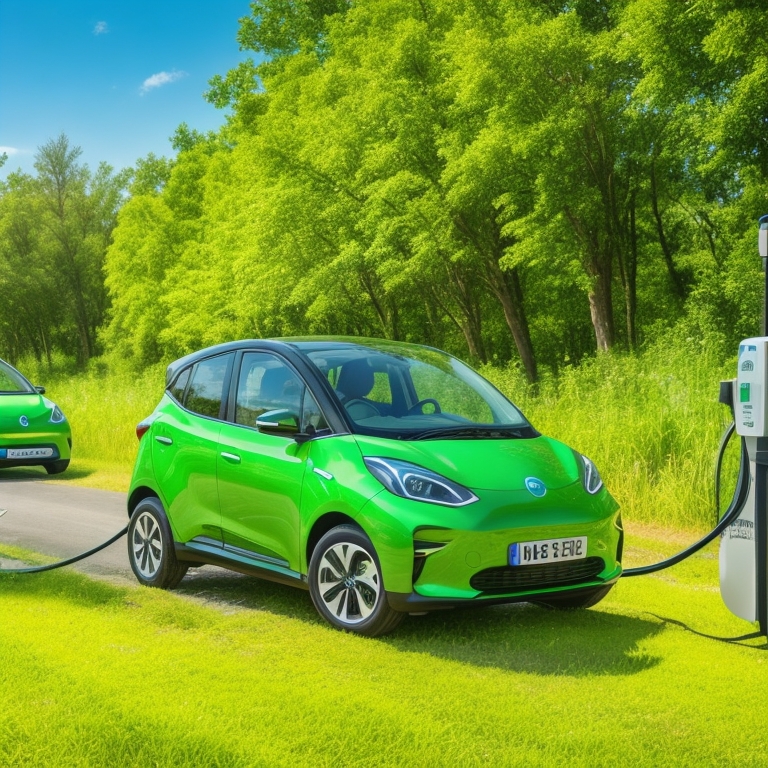In recent years, the automotive industry has witnessed a profound shift towards sustainability, with electric vehicles (EVs) emerging as a key driving force in the transition to greener transportation. With concerns about climate change and air pollution on the rise, EVs offer a clean and efficient alternative to traditional gasoline-powered cars, ushering in a new era of eco-friendly mobility. Let’s explore the green revolution of electric cars and their role in shaping a more sustainable future.
Redefining Automotive Technology: The Rise of Electric Vehicles
Electric vehicles represent a significant departure from conventional internal combustion engine (ICE) vehicles, relying on electric motors and rechargeable batteries for propulsion instead of gasoline or diesel fuel. This shift towards electrification has been driven by advancements in battery technology, increased environmental awareness, and government initiatives to reduce greenhouse gas emissions.
Leading the charge in the electric vehicle market is Tesla, whose groundbreaking models like the Model S, Model 3, and Model X have revolutionized the industry with their long-range capabilities, high-performance electric drivetrains, and cutting-edge technology. Tesla’s success has spurred competition from traditional automakers like Nissan, Chevrolet, and BMW, who have introduced their own electric vehicles to meet growing consumer demand.
Sustainable Mobility Solutions: The Environmental Benefits of Electric Cars
One of the primary advantages of electric cars is their minimal environmental impact compared to traditional ICE vehicles. By running on electricity rather than gasoline, EVs produce zero tailpipe emissions, reducing air pollution and mitigating the harmful effects of greenhouse gases on the environment and public health.
Additionally, electric cars are more energy-efficient than their ICE counterparts, converting a higher percentage of the energy stored in their batteries into usable propulsion, thereby reducing overall energy consumption and reliance on finite fossil fuels. When charged with renewable energy sources like solar or wind power, electric cars can achieve true carbon neutrality, further enhancing their sustainability credentials.
Charging Ahead: Overcoming Infrastructure Challenges
Despite the environmental benefits of electric cars, widespread adoption has been hindered by challenges related to charging infrastructure, range anxiety, and upfront costs. However, efforts to expand and improve charging infrastructure, coupled with advancements in battery technology and decreasing costs, are making electric vehicles increasingly accessible and practical for consumers.
Governments, utilities, and private companies are investing heavily in the development of public charging networks, installing fast-charging stations along highways, in urban centers, and at workplaces to support the growing fleet of electric vehicles on the road. Additionally, incentives such as tax credits, rebates, and subsidies are making electric cars more affordable and incentivizing their adoption.
Conclusion: Driving Towards a Sustainable Future
As we look to the future of transportation, electric cars are poised to play a central role in the transition to a more sustainable and environmentally friendly mobility ecosystem. With their zero-emission operation, energy efficiency, and growing infrastructure support, electric vehicles offer a compelling solution to the environmental challenges facing our planet.
At Belladoba.com, we’re committed to promoting sustainable mobility and providing consumers with access to the latest electric car models. Whether you’re interested in the luxury and performance of a Tesla or the affordability and practicality of a Nissan Leaf, our curated selection of electric vehicles has something for everyone. Join us in driving towards a greener future with electric cars from Belladoba.com.

No responses yet